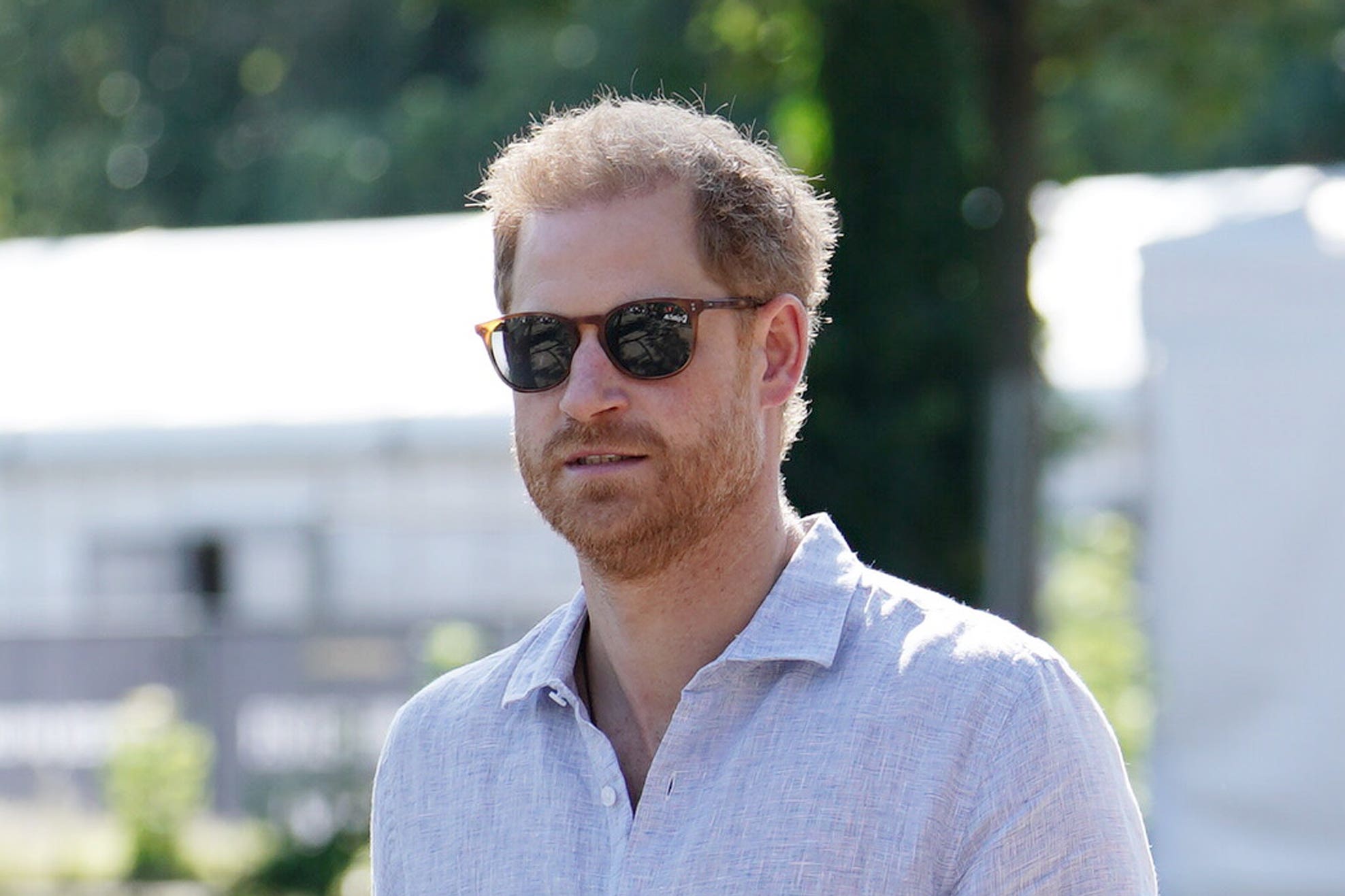What is the status of the Duke of Sussex’s legal actions?
Harry most recently lost his legal action against the Home Office over a decision to change the level of his security arrangements.

The Duke of Sussex has lost his High Court challenge against the Home Office over a decision to change the level of his personal security when he visits the UK.
In a statement issued after the ruling, a spokesperson for Harry said that he would seek to appeal against the judgment, which means the duke is still involved in three legal cases in the English courts.
Here is an overview of the cases:
– Challenge against the Home Office over UK security arrangements
The High Court heard Harry’s claim against the Home Office over security arrangements for himself and his family when they are in the UK.
The duke challenged a February 2020 decision of the Executive Committee for the Protection of Royalty and Public Figures (Ravec), which falls under the remit of the department, after being told he would no longer be given the “same degree” of personal protective security when visiting.
Harry’s lawyers said he was “singled out” and treated “less favourably” in the decision, arguing a failure to carry out a risk analysis and fully consider the impact of a “successful attack” on him meant the approach to his protection was “unlawful and unfair”.
The Government said Harry’s claim should be dismissed, arguing Ravec was entitled to conclude the duke’s protection should be “bespoke” and considered on a “case-by-case” basis.
In a ruling on Wednesday, retired High Court judge Sir Peter Lane rejected the duke’s case and concluded Ravec’s approach was not irrational nor procedurally unfair.
In his 52-page partially redacted judgment, Sir Peter said Harry’s lawyers had taken “an inappropriate, formalist interpretation of the Ravec process”.
A legal spokesman for Harry said after the ruling that he will appeal, adding: “The duke is not asking for preferential treatment, but for a fair and lawful application of Ravec’s own rules.”
The duke will first need to be given the green light by a judge to take his case to the Court of Appeal.
– Unlawful information-gathering allegations against ANL
Harry is one of seven high-profile people, including Sir Elton John and Baroness Lawrence of Clarendon, bringing legal action against the publisher of the Daily Mail over allegations it carried out or commissioned unlawful information-gathering.
The firmly denied allegations against Associated Newspapers Limited (ANL) include the hiring of private investigators to place listening devices inside cars, the “blagging” of private records and the accessing and recording of private phone conversations.
At a preliminary hearing in March last year, the publisher asked a judge to rule in its favour without a trial, arguing the legal challenges against it were brought “far too late”.
The duke made a surprise appearance at the Royal Courts of Justice in London for the March proceedings, where his lawyers argued that those bringing legal action were “thrown off the scent” and not aware of being targeted, having believed “categorical denials” from ANL over any involvement in unlawful activity.
Mr Justice Nicklin ruled in November that the publisher had failed to deliver a “knockout blow” to the early stage legal challenges, allowing them to continue.
The duke’s lawyers are planning to ask ministers for permission to use confidential documents from the Leveson Inquiry into press standards after the judge ruled they could not be used while restrictions were in place.
A further case management hearing may be held later this year.
– Allegations of unlawful information-gathering at NGN
Harry and actor Hugh Grant are suing News Group Newspapers (NGN), publisher of The Sun and the now-defunct News Of The World, over alleged unlawful information-gathering.
The duke alleges he was targeted by journalists and private investigators working for the papers.
At a preliminary hearing in April, the publisher asked a judge to throw out his and Mr Grant’s claim, arguing they were brought too late.
Mr Justice Fancourt later ruled that Harry and the actor’s claims could go to trial, except for any allegations relating to phone hacking.
The judge also refused to allow the duke to rely on an alleged “secret agreement” between the royal family and senior executives working for media mogul Rupert Murdoch as part of his claim.
Harry’s lawyers had argued that NGN’s challenge to his claim was an attempt to go behind the alleged agreement, which they said had prevented him from bringing his case.
NGN, which denies any unlawful activity took place at The Sun, disputed such an agreement was in place.
Harry’s claim is currently set to go to trial in January 2025.
Bookmark popover
Removed from bookmarks